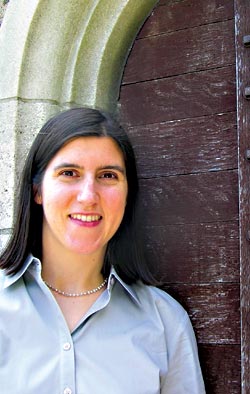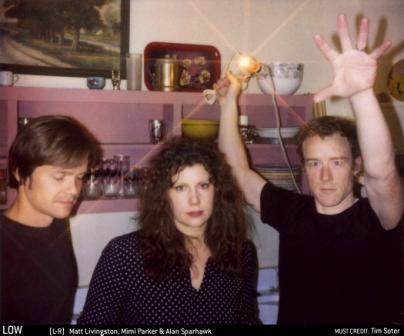The Man of My Dreams By Curtis Sittenfeld (Random House, $22.95)
A few years prior to the central timeline of Hannah Gavener’s life (her journey from 14 to 28), the naive young girl tells her father a risqué joke as he drives her home from a slumber party. It falls flat, and her father rather brutally advises, “Women who are ugly try to be funny. They think it compensates. But you’ll be pretty, like Mom. You won’t need to be funny.”
By the time Curtis Sittenfeld’s sluggish but sincere second novel—sequenced as crucial months during life-changing years—arrives at July 1998, the college-aged Hannah finally tells her dad where to stick his advice. Yet she never escapes from what he—and anyone with a penis, presumably—thinks of and expects from her. During the course of Dreams, her parents’ marriage fails because of her father’s stubbornness, and that inherited trait dogs Hannah’s three romances.
When they finally get going. Sittenfeld’s characterization of the adolescent with low self-esteem is spot-on, but it’s hard to believe that Hannah still hasn’t been kissed at age 21. She’s grown attractive, with an acerbic wit (so much for Dad’s advice), but finds situation (drunken dorm party) after situation (camping tent with hot guy) where nothing but unbearable tension results. With her sharp self-awareness, Hannah finds it hard to meet a guy who measures up to her high standards. Even then, it still seems to take years before they hook up.
So much of Hannah’s deliberation, and so much of Sittenfeld’s measured prose, can make Dreams a boring read. Hannah falls for one lout, Oliver, because “he removed her splinter.” Wait a minute—a splinter is driving the plot? It’s depressing to see Hannah swoon over such a tiny shard of chivalry. Sittenfeld’s first novel, Prep, won raves for its simplicity in describing life at a private boarding school, an experience she knew firsthand as both student and teacher. Sittenfeld fielded suspicions that Prep was a memoir, which may not happen with Dreams. While Hannah sleepwalks through her time at college, Sittenfeld has proved herself to be more of a careerist (Vassar, Stanford, the Iowa Writers’ Workshop, best-sellerdom). As a heroine, by contrast, Hannah seems flat and uninterested in the world at large. Her absence of desire for anything less than the perfect man means, of course, that even by the book’s end she won’t have found him. Though Sittenfeld has declared in The New York Times her disdain for mere chick-lit, that genre’s readers may be the only ones willing to wait.








